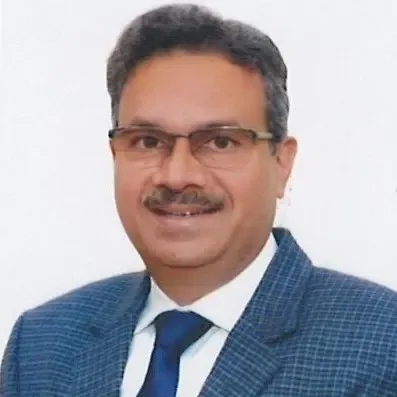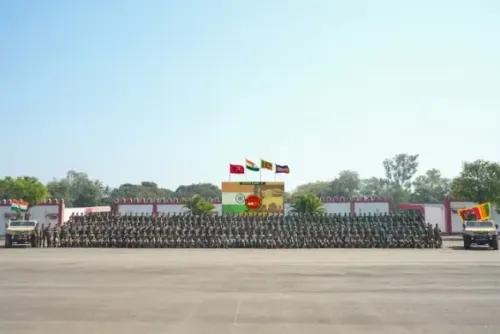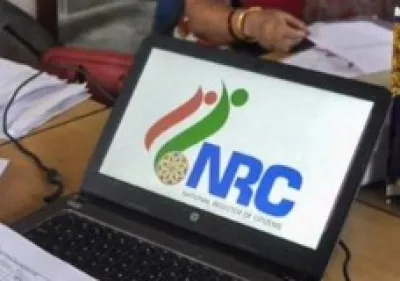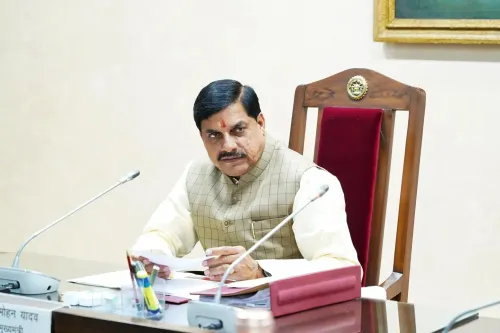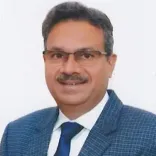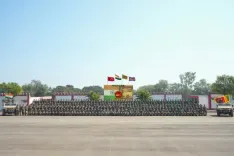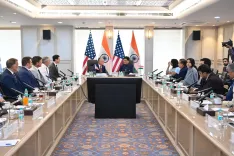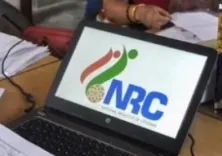Has PM Modi Taken a Tough Stand and Backed His Words with Action? Ex-R&AW Chief Dulat Weighs In
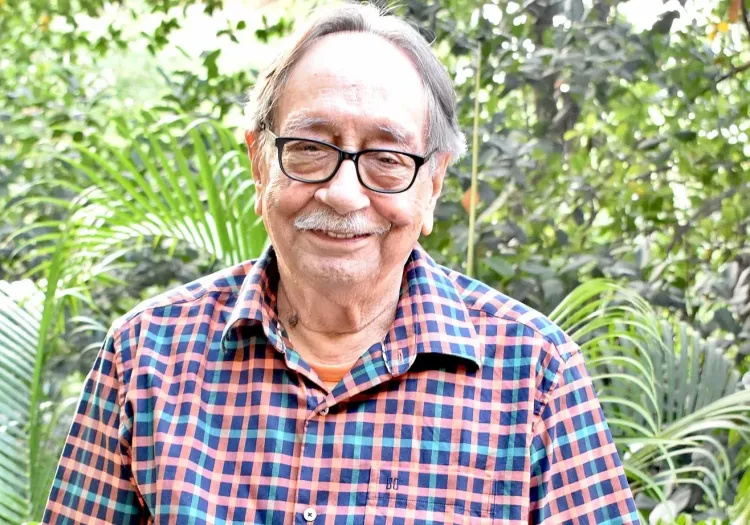
Synopsis
Key Takeaways
- PM Modi is recognized for his decisive leadership.
- The role of R&AW in national security is crucial.
- The recent ceasefire reflects a shift in dynamics.
- Dialogue with local leaders is essential for peace.
- Intelligence failures can lead to significant security lapses.
Jaipur, May 10 (NationPress) Former R&AW chief A.S. Dulat commended Prime Minister Narendra Modi for being a decisive leader who follows through on his commitments, emphasizing the crucial role played by the Research and Analysis Wing (R&AW) in Operation Sindoor.
In a discussion with IANS, Dulat shared insights on PM Modi’s resolute approach to national security and his views on international diplomacy.
IANS: Having collaborated closely with former PM Atal Bihari Vajpayee, how do you contrast his approach with that of PM Modi?
Dulat: Their personalities and methods are significantly different. Vajpayee had a unique working style, while PM Modi is both decisive and assertive. Following the Pahalgam attack, PM Modi pledged to take a firm stance, similarly to his reaction after the Pulwama incident. He consistently backs his statements with decisive actions.
IANS: What are your thoughts on the recent ceasefire?
Dulat: I anticipated a ceasefire but not so promptly. India showcased its determination by striking terror locations in Pakistan. Consequently, Pakistan sought to assert its position. Enter Donald Trump, who acted as a mediator, encouraging both nations towards a ceasefire. The critical question was whether they would heed his call. Ultimately, they did, and with the ceasefire now established, the forthcoming DGMOs meeting on May 12 is a promising development. Dialogue is always beneficial.
IANS: What do you believe caused the Pahalgam incident?
Dulat: It was undoubtedly an intelligence failure and a grave security oversight. Major attacks, akin to 9/11 or recent events in Israel, typically stem from intelligence breakdowns. The Pahalgam attack was especially tragic as it targeted innocent tourists. Such incidents hadn’t previously occurred in Kashmir. Historically, Sikhs were killed during President Bill Clinton’s visit, but those were local victims. This marked the first mass attack on tourists.
IANS: Many thought that normalcy had returned to Kashmir. Has the Pahalgam incident altered that view?
Dulat: From our perspective, Kashmir remains stable and secure. Our Line of Control (LoC) is well-defined. The real challenge is convincing Pakistan to acknowledge this truth. Both Vajpayee and Manmohan Singh attempted to resolve this through dialogue. While the dynamics have shifted, the core issue regarding the LoC persists.
IANS: What do you propose as the next steps?
Dulat: Engaging in dialogue with local leaders is vital. In challenging times, establishing communication channels is the only sustainable approach.
IANS: R&AW significantly contributed to Operation Sindoor. What is your assessment of the agency today?
Dulat: I commend R&AW for its execution of Operation Sindoor. The agency is actively working by engaging with local communities, enhancing ground-level intelligence, and executing operations effectively. They have performed admirably.
IANS: Your latest book, The Chief Minister And The Spy, has caused a stir. What is your reaction?
Dulat: This is my fifth book focusing on Kashmir, with all my previous works also centered on the region. My inspiration stems from Farooq Abdullah, with whom I have a 35-year rapport. The controversy is misplaced. I encourage everyone to read the book before forming opinions. It serves as a tribute to a remarkable individual and the region I have dedicated my life to studying.

